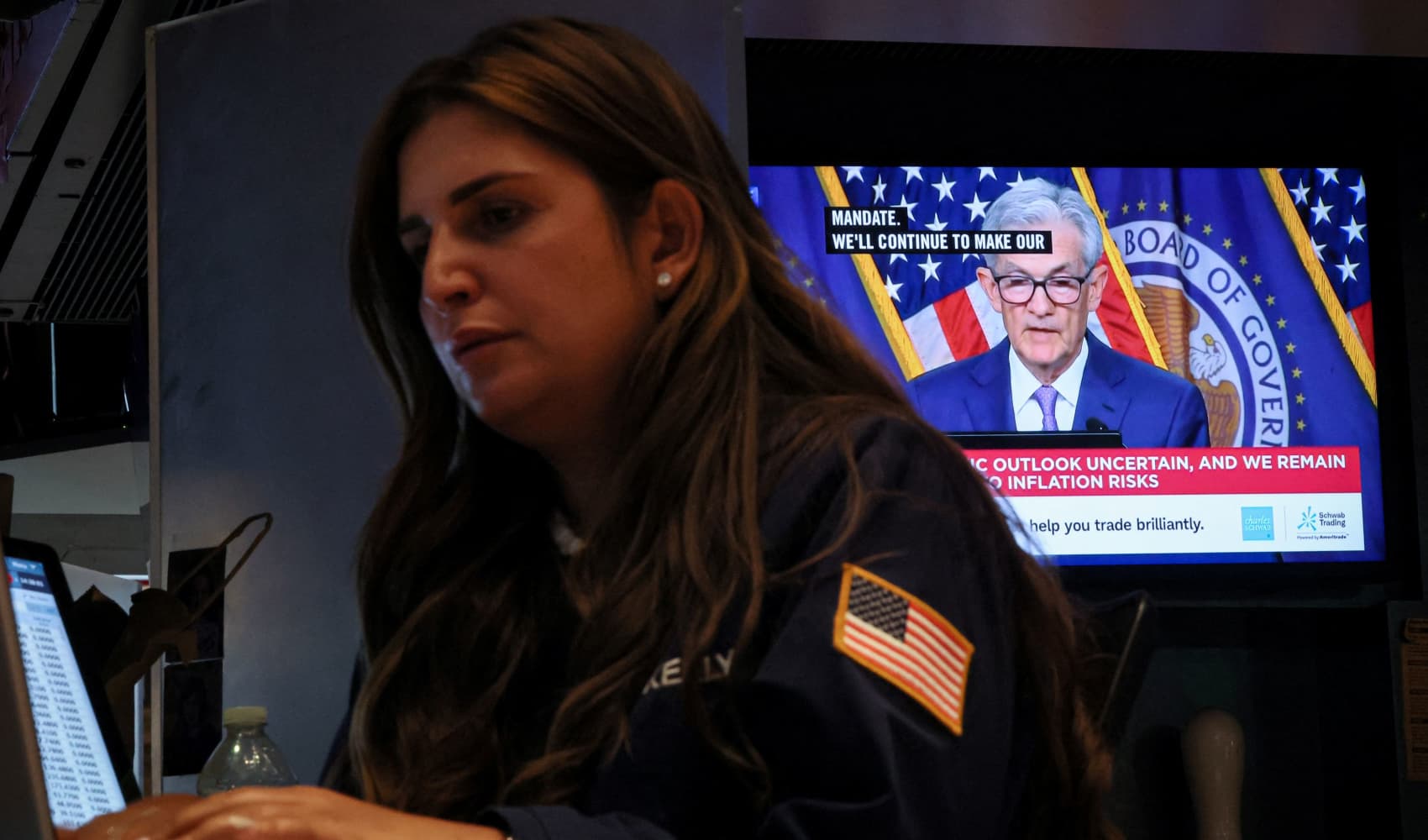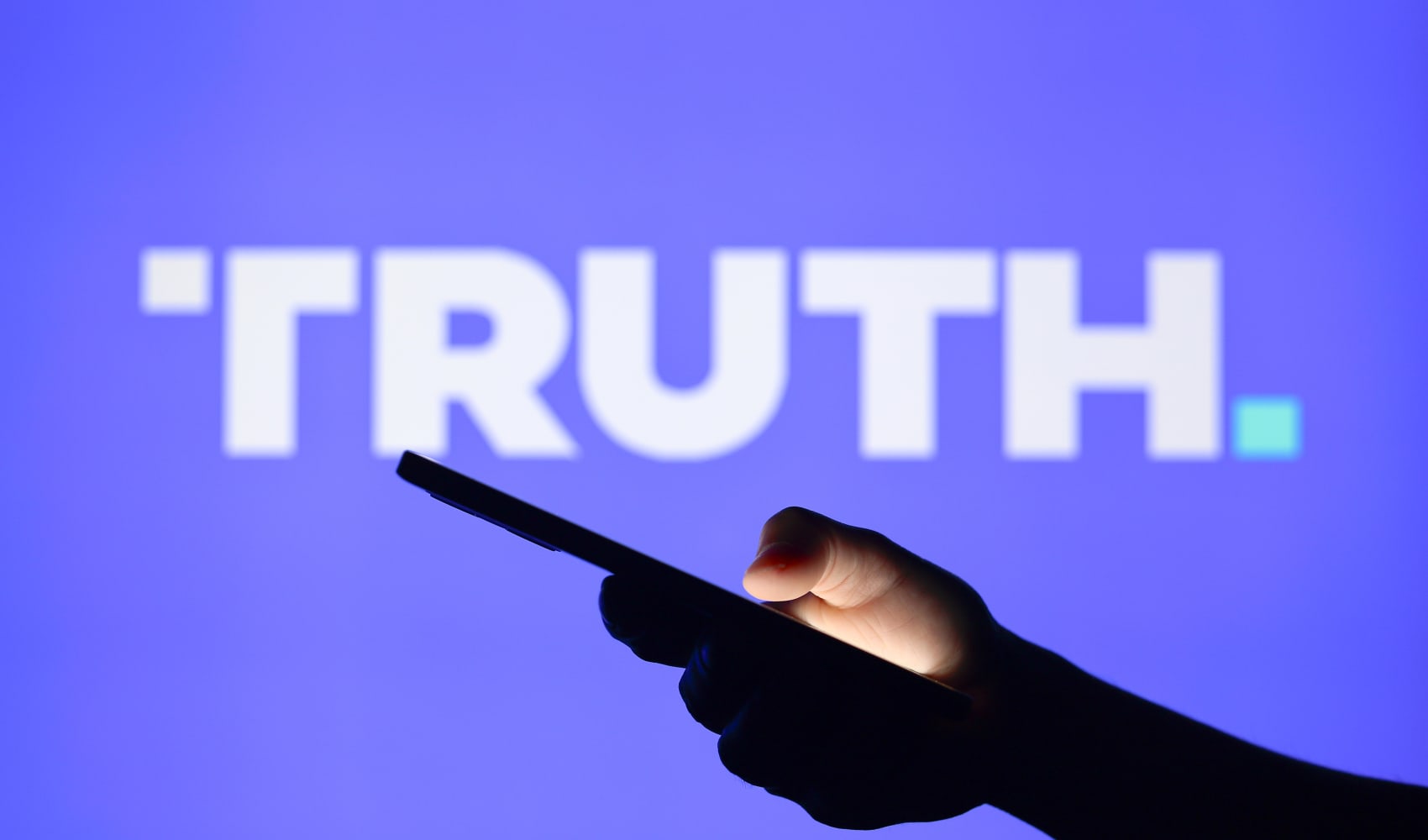
Shortly after Allison Kave moved from the U.S. to Paris in 2022, she walked into a local café, sat down and ordered a martini.
Instead of the traditional gin cocktail, she was served a glass of vermouth. The mix-up was actually reassuring, Kave says: The city's inconsistent cocktail expertise was exactly why she'd moved abroad.
Kave and fellow American ex-pat Jennifer Crain are the co-founders of Abricot, a cocktail bar in Paris' 10th arrondissement. Crain came up with the idea after her own experience in Parisian bars. She grew up near San Francisco, and "really felt the absence of fabulous cocktails and indulgent plant-based food" abroad, she says.
Abricot opened in February 2023, and brought in nearly $285,800 in U.S. dollars in the last 12 months, according to documents reviewed by CNBC Make It. The bar brought in $34,100 in September, their highest earning month, but that revenue varies in the summer, based on the influx of tourism and locals leaving the city for vacation, they say.
Get top local stories in Connecticut delivered to you every morning. Sign up for NBC Connecticut's News Headlines newsletter.
The bar has a small staff: three hourly employees and three contract employees. Crain and Kave decide month-to-month how much to pay themselves, depending on the bar's performance — but they say that the trans-Atlantic move was already worth it, no matter how much money they make.
"Day-to-day ... there's an ease to living here," Kave, 44, says. That comes from the patient and conversational customers, and the locals' focus on leisure and culture, she adds.
"Overworking isn't a badge of honor [here]," Crain, 49, adds. "People are never socially trying to one-up each other with how much they work."
Money Report
Here's how Crain and Kave teamed up to open Abricot — and how moving abroad changed their lives:
'Homegrown' efforts
Crain owned an acupuncture clinic and three Airbnb rental units in Austin, Texas, before relocating to Paris for her husband's job in 2012. Upon arriving, she learned that the city, renowned for its wine, had an "underdeveloped" cocktail culture, she says.
Kave was also an entrepreneur in the U.S. She had a made-to-order pie business, then co-founded Butter and Scotch, a bakery in Brooklyn, New York. In 2019, she realized she enjoyed starting new businesses more than running them, and began working as a restaurant consultant.
A mutual connection virtually introduced Kave and Crain shortly after, and the pair started expanding Crain's idea for a Parisian cocktail bar. The Covid-19 pandemic rerouted their plans: Butter and Scotch closed, and founders decided to start small. They bottled and sold cocktails to Parisians door-to-door in October 2020, under the name Izzy's Paris.
Kave concocted recipes in her Brooklyn apartment kitchen. Crain tested and tweaked them, and ran operations in Paris, soon involving her family and friends.
"This was very homegrown," Crain says. "One night ... we had, I think, 50 deliveries, to be made. My husband got in his car, my older son got on his bicycle, and my friend's son got on his bicycle."
Ex-pat learning curves
Izzy's became profitable, but its success was fairly short-lived, the duo says. As Covid-19 vaccines became widely distributed, Parisians went back to work, bars and restaurants, and sales dropped.
Crain and Kave took that as a sign to open their brick-and-mortar shop. They found a location and named their business Abricot, which is French slang for female genitalia. "We wanted [the name] to be feminine ... juicy and fresh and cheeky," Crain says.
Before opening, Crain and her husband invested roughly $82,100, intended to cover operating costs. The co-founders raised an additional $27,300 through crowdfunding.
They quickly learned some key differences between starting a business in the U.S. and France.
Crain estimated it would take three months to file paperwork and open the business. Instead, it look more than a year to take over the storefront's lease and acquire a liquor license, largely because their banker "went on vacation for six weeks, and no one took over their post," Crain says.
The delays ate up most of the initial investment, Crain says, as Abricot paid rent for over a year before it opened. They gradually raised an additional $170,000 through a first-round equity raise, they say.
It also costs more to have employees in Paris: France's employers make the highest social security contributions in Europe at an average of 45%, according to Dutch business development firm EuroDev. Employees in the U.S. get 12.4%, and cover half the contribution themselves.
The perils, and joys, of running a Parisian bar
It likely would have been less challenging to open Abricot in the U.S., the founders say — but running the restaurant abroad is, in some ways, easier.
In France, there are fewer liquor conglomerates and therefore more vendors to choose from and negotiate with, they say. Health department inspections often result in guidance, rather than scolding, Kave says. The country's entrepreneurs and employees alike also have universal health care.
The lifestyle makes the biggest difference: Neither Crain or Kave were unhappy in the U.S., but they have more control of their time in Paris, they say. Crain used to spend almost two hours per day in traffic, shuttling between daycare and work. Now, when she walks her kids home from school, they often stop for pastries, she says.

A year in, they've experienced plenty of uncertainty. On Halloween, Abricot was understaffed and had an unexpected surge of customers. It was like a scene in FX's "The Bear," Crain says: She remembers looking up and seeing a flurry of drink tickets, instead of cocktails, lining the bar.
There are signs of growing stability, too: Abricot established a slim profit margin in the last year, and there are days when the pair says they can soak in their accomplishments.
"A few weeks ago, I was sitting [on the Abricot] terrace and looked inside. It was all lit, and a new worker was taking an order and smiling, another was making a drink and smiling," Crain recalls. "I started welling up because it was the first time I felt, 'I think we're going to make it.'"
Conversions from EUR to USD were done using the OANDA conversion rate of 1 EUR to 1.0947 USD on August 6, 2024. All amounts are rounded to the nearest dollar.
Want to stop worrying about money? Sign up for CNBC's new online course Achieve Financial Wellness: Be Happier, Wealthier & More Financially Secure. We'll teach you the psychology of money, how to manage your stress and create healthy habits, and simple ways to boost your savings, get out of debt and invest for the future. Start today and use code EARLYBIRD for an introductory discount of 30% off through September 2, 2024.
Plus, sign up for CNBC Make It's newsletter to get tips and tricks for success at work, with money and in life.






